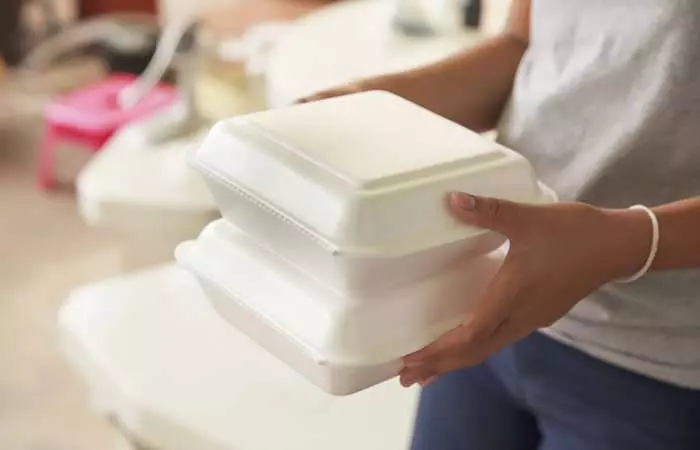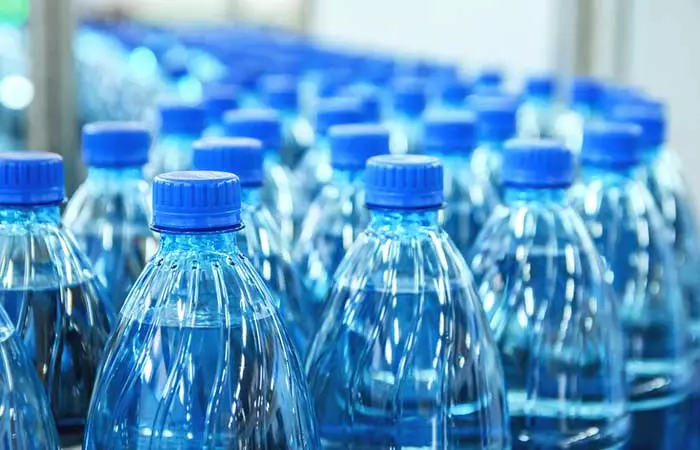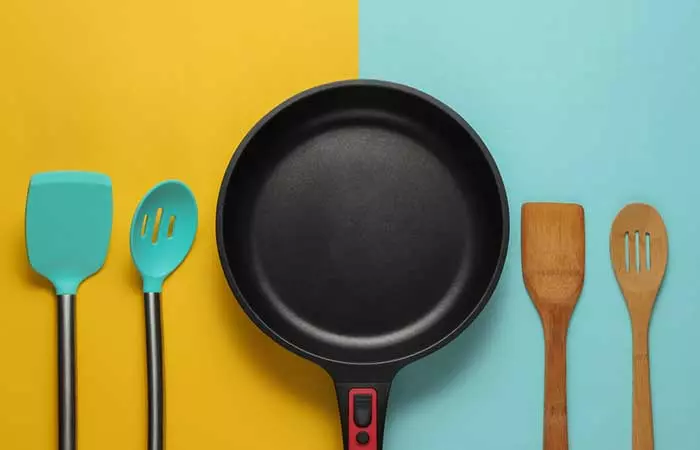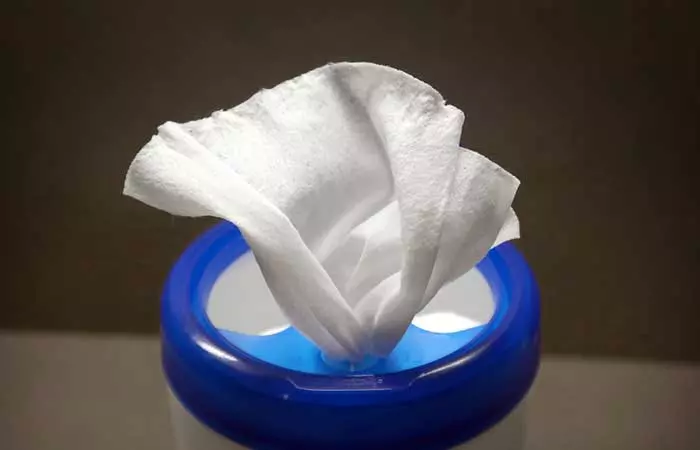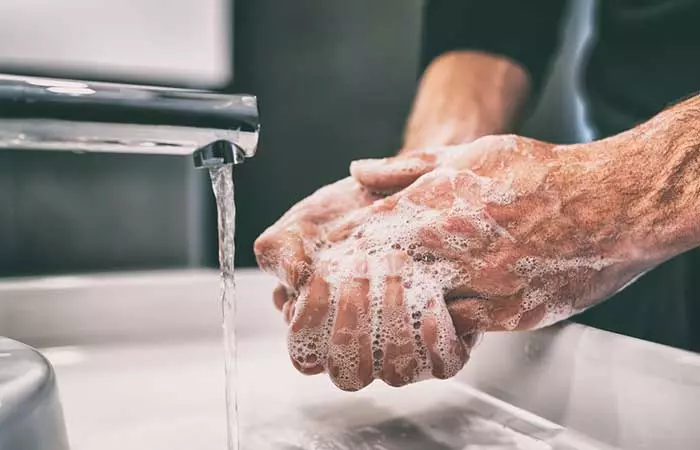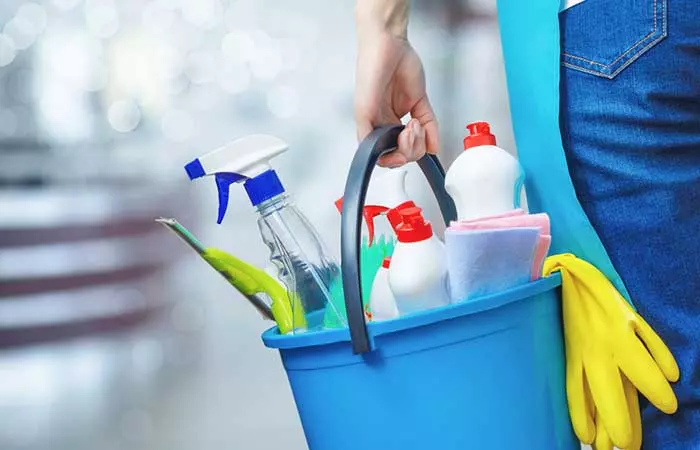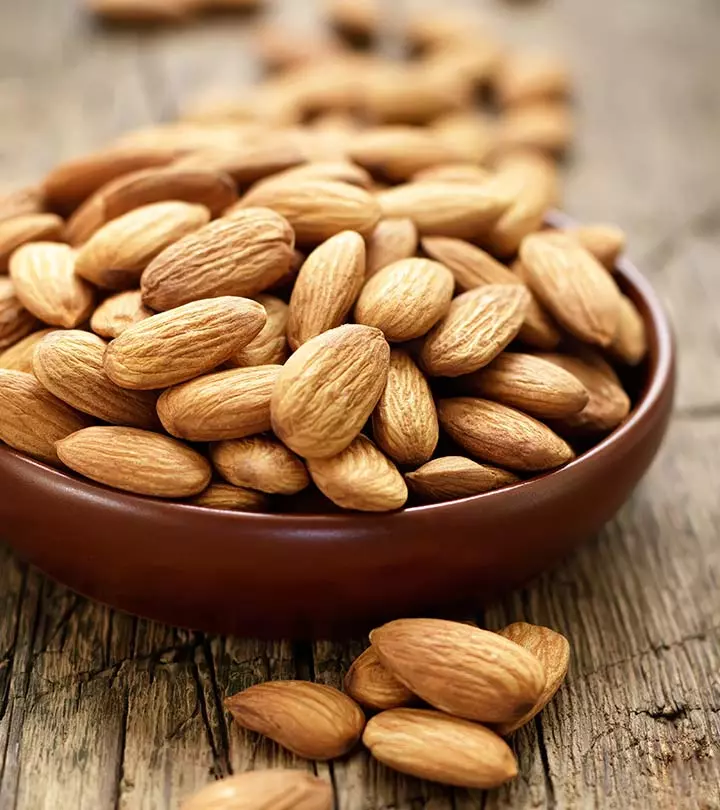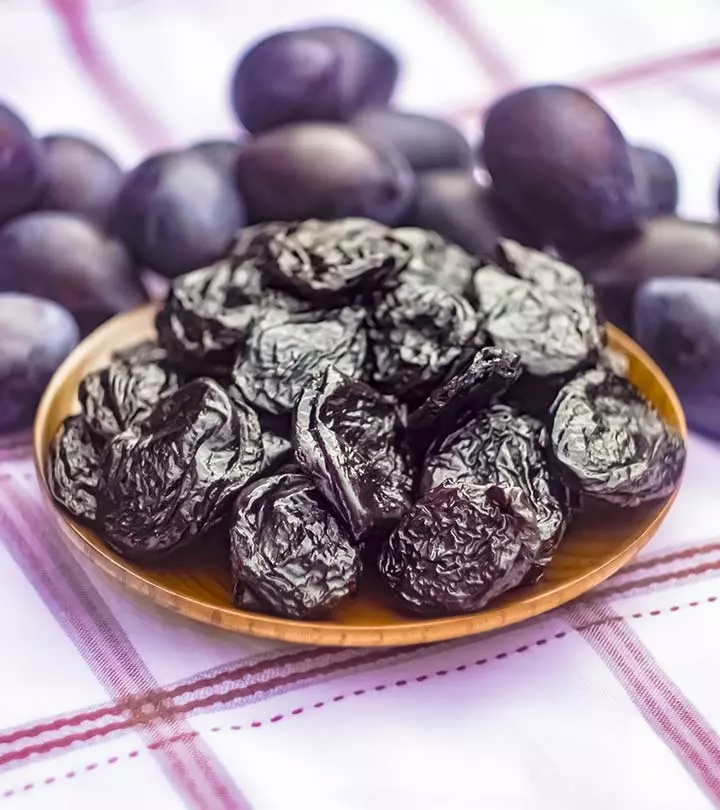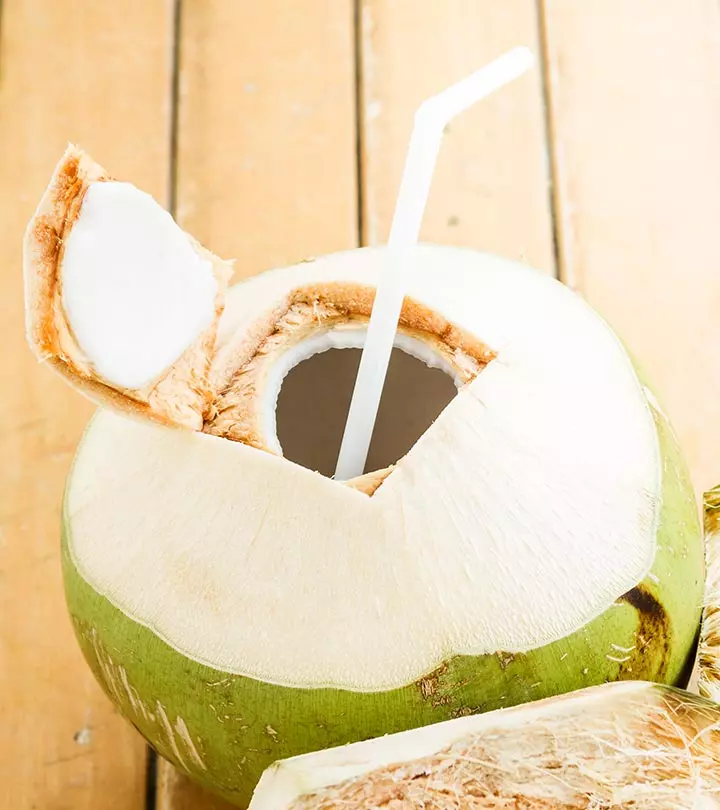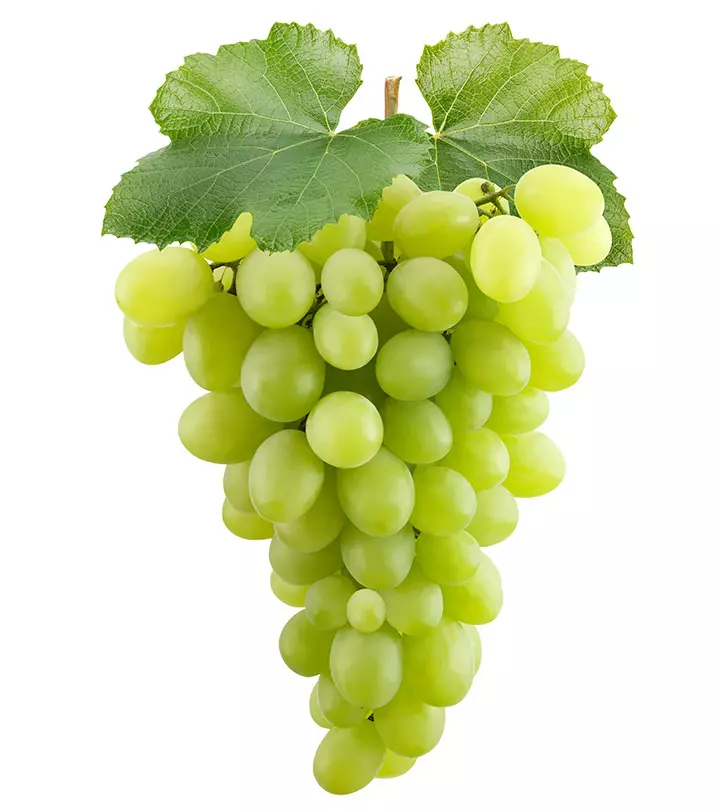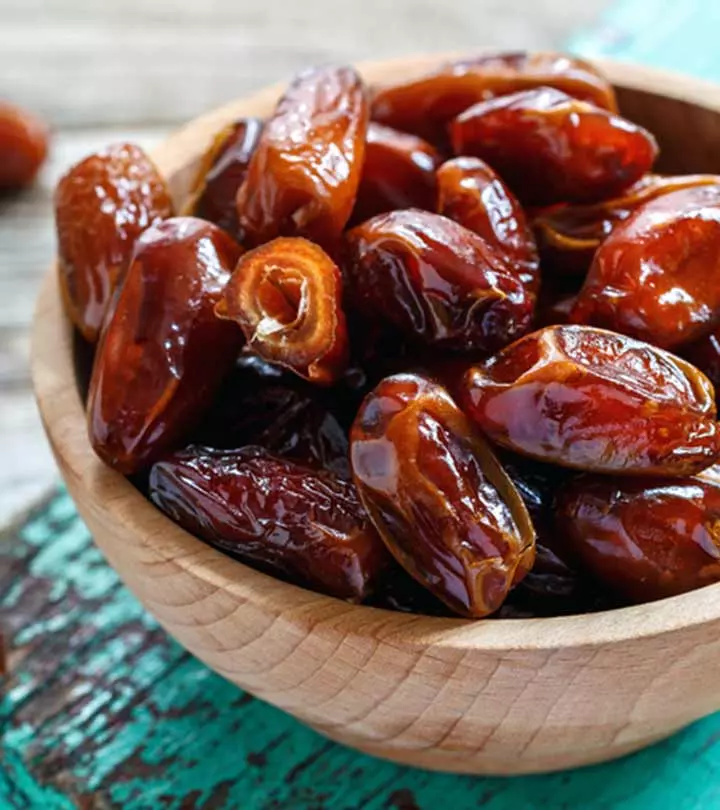10 Everyday Items That Are Not As Harmless As We Thought
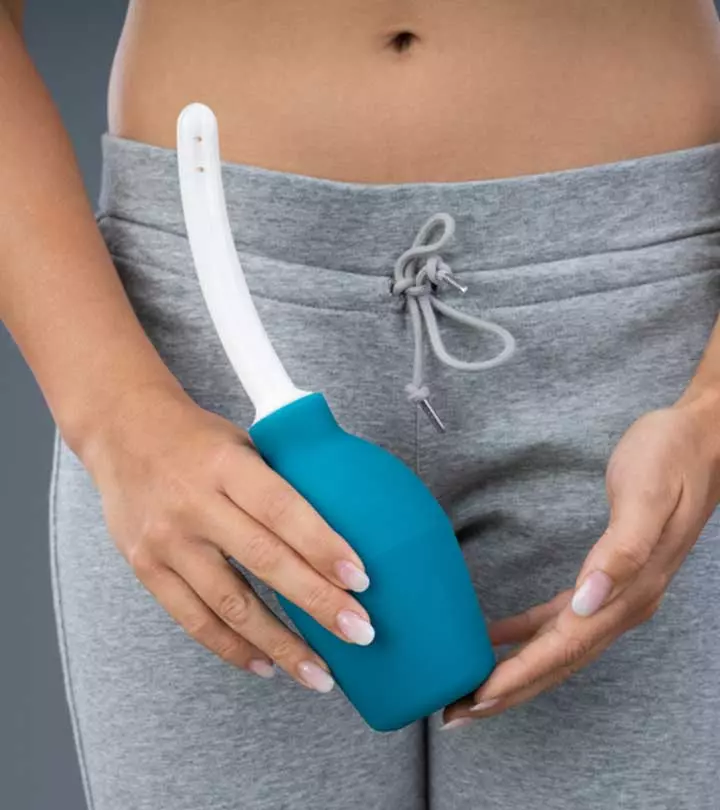
Image: Shutterstock
In our daily lives, we often come across many items that seem rather harmless and innocuous. We use them without a second thought, assuming they are safe for our health and the environment. However, many of these everyday items have hidden dangers lurking beneath their seemingly harmless facade. We know it’s shocking, but unfortunately, it’s true! In this article, we will explore some of these items that are not as harmless as we would want them to be. Let us shed light on their potential risks and suggest some alternative choices. Read on to know them all!
In This Article
1. Styrofoam Containers
Styrofoam is widely used for coffee cups, takeout food containers, and disposable plates. Unfortunately, it is made from toxic chemicals that can leach into food and drinks, especially if the food is hot. Styrofoam contains the chemical styrene, a probable human carcinogen (1). It can migrate from the container into your food and pose serious health risks. It is best to switch to steel containers for long-term use.
2. Plastic Water Bottles
Plastic water bottles that are made from low-quality plastics pose serious health risks and environmental hazards. They contain chemicals like bisphenol A or BPA that can leach into the water when exposed to heat or sunlight. BPA is also infamous for disrupting our hormonal balance and is linked to health issues like cancer, reproductive problems, and developmental disorders (3).
3. Non-stick Cookware
Non-stick cookware is mostly coated with polytetrafluoroethylene (PTFE). They have gained popularity for their convenience, but it comes with potential risks. Heating non-stick cookware at high temperatures can release toxic fumes, causing flu-like symptoms in humans and posing a severe risk to pet birds (4). You can consider opting for healthier alternatives like cast iron or stainless steel cookware, which are safer for high-temperature cooking and have longer lifespans. Cast iron provides excellent heat retention and even distribution. While stainless steel utensils offer durability and resistance to scratches, they also don’t react with food. You can switch to these alternatives to promote a safer cooking experience without compromising your health.
4. Disposable Cutlery
Single-use plastic cutlery has become a convenient option for picnics, parties, and takeout meals. However, these disposable items could be a prime cause of the global plastic pollution crisis. Plastic cutlery is typically made from polystyrene or polypropylene, which are non-biodegradable and take hundreds of years to decompose (5). They often end up in landfills or pollute our oceans, harming wildlife and ecosystems. Instead of using disposable plastic cutlery, consider carrying your own reusable cutlery made of materials like stainless steel or bamboo. These alternatives reduce waste and help combat the plastic pollution problem.
5. Dryer Sheets
Dryer sheets are mostly used to add freshness and reduce static cling in the laundry. They contain chemicals that may irritate the respiratory system and skin. They may also contain benzyl acetate, fragrances, and other potentially harmful chemicals which can trigger allergic reactions (6).
6. Disposable Wipes
Disposable wipes, which include cleaning wipes and baby wipes, have become popular due to their convenience. However, they may be made from synthetic materials like polypropylene or polyester that do not biodegrade easily (7). Hence, they cause pollution and clog sewer systems.
7. Synthetic Fragrances
Synthetic fragrances contain phthalates, which are the main causes of endocrine disruptors. These chemicals can interfere with our hormonal balance and have been linked to allergies, reproductive issues, asthma, and cancers (8).
8. Antibacterial Soaps
Antibacterial soaps are marketed as effective germ killers. However, most antibacterial soaps contain triclosan, a chemical that is intended to kill bacteria (9). Triclosan may contribute to antibiotic resistance, making it harder for us to fight infections (10). Regular soap and water are sufficient for effective hand hygiene.
9. Air Fresheners
Most air fresheners contain synthetic fragrances and volatile organic compounds that may contribute to indoor air pollution (11). They may also cause respiratory problems, allergies, and even affect our neurological health. You can opt for natural fragrances and check the label before purchasing the air freshener.
10. Household Cleaners
Many everyday household cleaners contain harmful chemicals such as ammonia, chlorine, bleach, and phthalates (12). They may irritate the respiratory system and cause skin allergies. Long-term exposure to these chemicals has been associated with respiratory problems, reproductive issues, and other chronic health issues (13).
Who would have guessed that common items like these that are readily available in stores could pose such a threat to our health. Making informed and thoughtful choices are key to eliminating the risks associated with these everyday items. So, what is your trick to living healthy and chemical-free? Let us know in the comments section!


